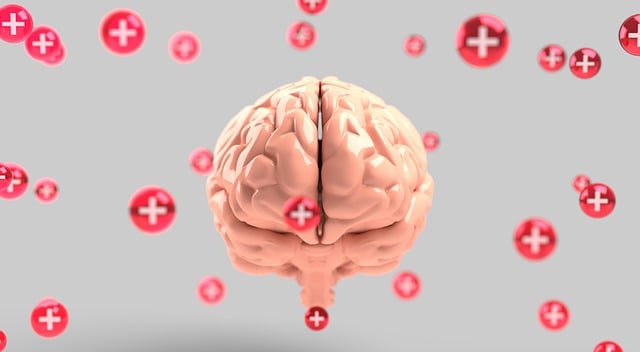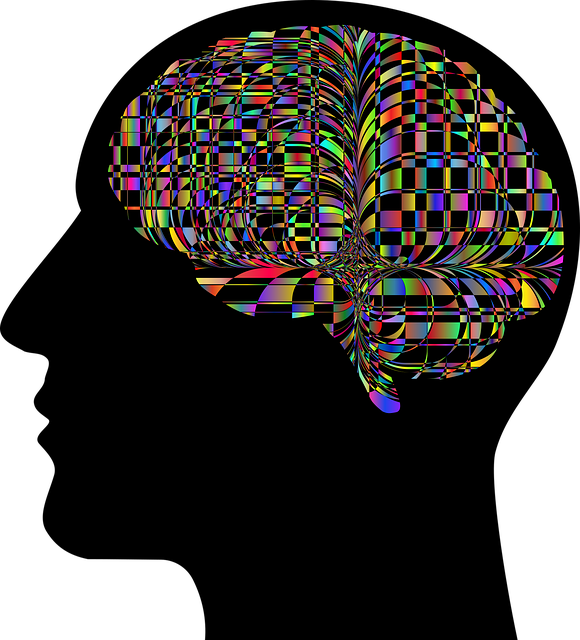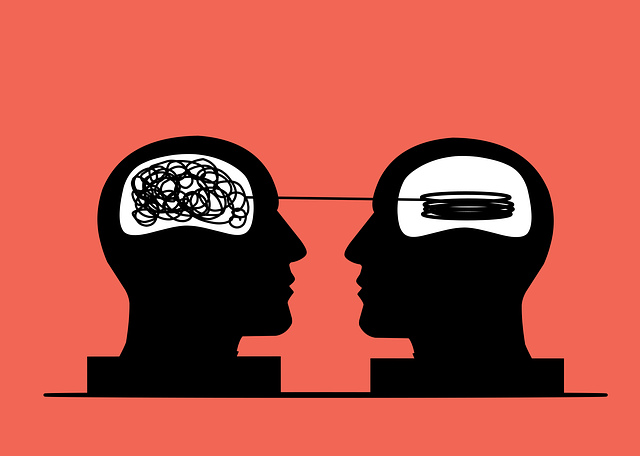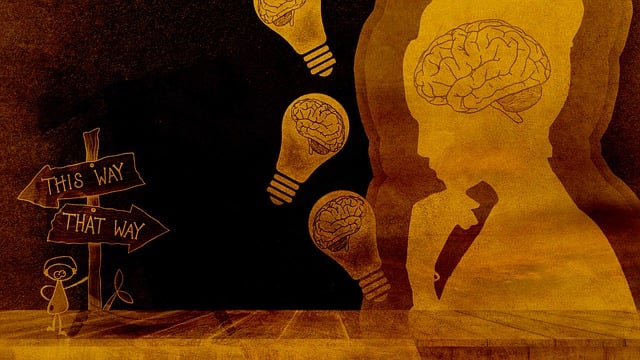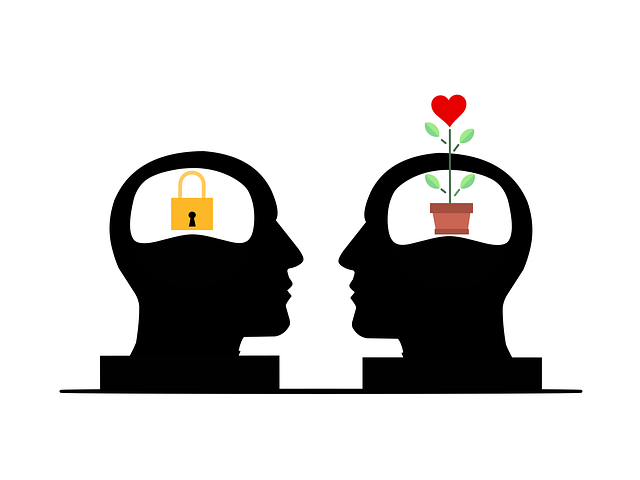Mental wellness involves emotional, psychological, and social well-being, with chronic pain posing unique challenges by affecting emotional states and leading to mental health issues. Arvada Chronic Pain Therapy (ACPT) emphasizes cultural sensitivity and incorporates mindfulness meditation as a therapeutic tool addressing the mind-body connection. Technology is transforming ACPT through innovative apps for symptom tracking, progress monitoring, and personalized coping strategies, empowering patients to manage their chronic pain holistically. ACPT's successful program includes therapy sessions, self-care education, and regular check-ins, significantly improving patient quality of life. A comprehensive mental wellness app should offer personalized dashboards, evidence-based therapies, stress management tools, and progress tracking to cater to diverse user needs, including Arvada chronic pain therapy.
Mental wellness app development is transforming the way we approach mental health support. In this comprehensive guide, we explore the intersection of technology and therapy, focusing on chronic pain management through a case study of Arvada Chronic Pain Therapy. We dissect key features, analyze user needs, and review market trends shaping the future of mental health apps. Understanding mental health and leveraging app innovations can significantly enhance access to care and improve lives.
- Understanding Mental Health and Chronic Pain: A Comprehensive Overview
- The Role of Technology: Apps in Mental Wellness and Chronic Pain Management
- Arvada Chronic Pain Therapy: A Case Study for App Development
- Key Features and Components of a Successful Mental Wellness App
- Market Analysis and User Needs: Shaping the Future of Mental Health Apps
Understanding Mental Health and Chronic Pain: A Comprehensive Overview

Mental wellness is a holistic concept encompassing emotional, psychological, and social well-being. Understanding mental health involves recognizing that it’s more than just the absence of illness; it’s about cultivating resilience and finding balance in daily life. Chronic pain, often intertwined with mental health issues, presents unique challenges. It’s not merely a physical sensation but can significantly impact one’s emotional state, leading to heightened stress, anxiety, and even depression.
In Arvada Chronic Pain Therapy, cultural sensitivity plays a crucial role. Different cultures have diverse beliefs and practices regarding pain management and mental wellness. Incorporating mindfulness meditation as a therapeutic tool can help individuals build resilience by fostering self-awareness and promoting healthier coping mechanisms. This approach acknowledges the mind-body connection, emphasizing the importance of addressing both the physical and psychological aspects of chronic pain for comprehensive treatment.
The Role of Technology: Apps in Mental Wellness and Chronic Pain Management

Technology plays a pivotal role in modern mental wellness care, with apps becoming powerful tools for managing various conditions, including chronic pain. These digital innovations offer accessible and often personalized approaches to Arvada Chronic Pain Therapy. By leveraging user-friendly interfaces, individuals can now monitor their symptoms, track progress, and access tailored coping strategies at their fingertips.
Apps cater to diverse needs, from providing communication strategies to enhance patient-therapist interactions to implementing emotional well-being promotion techniques and empathy building strategies for improved support. Through gamification, mindfulness exercises, and educational resources, these applications foster self-care practices and empower users to actively participate in their healing journeys.
Arvada Chronic Pain Therapy: A Case Study for App Development

Arvada Chronic Pain Therapy (ACPT) serves as a compelling case study for mental wellness app development. By analyzing their successful approach to managing chronic pain, we can gain valuable insights into creating effective digital tools for mental health support. ACPT combines evidence-based practices with personalized care, offering a holistic program that includes therapy sessions, education on self-care practices, and regular check-ins. This integrated model has shown remarkable results in improving patients’ quality of life.
The app’s development should prioritize user experience and accessibility, mirroring the personalized attention provided by ACPT. Incorporating features like virtual therapy sessions, digital tracking for pain levels and self-care activities, and a supportive community can enhance its appeal. Moreover, addressing Healthcare Provider Cultural Competency Training in app design ensures inclusivity and effectiveness, aligning with broader Mental Health Policy Analysis and Advocacy goals.
Key Features and Components of a Successful Mental Wellness App

A successful mental wellness app should incorporate a range of key features to effectively support users’ well-being. Personalized dashboards allow users to track their mood, set goals, and access tailored content like meditation guides or cognitive-behavioral therapy (CBT) exercises. Interactive tools such as journaling prompts, gratitude lists, and mindfulness activities help users cultivate positive thinking patterns, which can be especially beneficial for those experiencing Arvada chronic pain therapy.
Additionally, the app should offer evidence-based therapies and stress management workshops organization to help users develop coping mechanisms. Conflict resolution techniques and public awareness campaigns development can also be integrated to foster a supportive community and promote mental health literacy. Regular feedback loops and progress tracking ensure that users stay engaged and motivated, ultimately contributing to their long-term mental wellness journey.
Market Analysis and User Needs: Shaping the Future of Mental Health Apps

In today’s digital age, mental wellness apps are gaining immense popularity, catering to a diverse range of user needs. Market analysis reveals a growing demand for innovative solutions that address various aspects of mental health, including chronic pain therapy in Arvada. With an increasing focus on emotional well-being, developers are tailoring apps to support users in managing stress, anxiety, and depression, as well as developing coping skills and enhancing emotional regulation. These applications offer accessible and convenient tools for individuals seeking support outside traditional therapy settings.
Understanding user needs is crucial for shaping the future of mental health apps. By recognizing the desire for personalized experiences, integrated features like meditation guides, mood tracking, and access to virtual therapists, developers can create impactful solutions. Moreover, incorporating evidence-based practices such as emotional healing processes can significantly enhance app effectiveness. This market trend not only caters to a broader audience but also ensures that users receive tailored care, making mental wellness apps an indispensable resource in managing both common and chronic conditions like pain therapy in Arvada.
The development of mental wellness apps, as demonstrated by the case study of Arvada Chronic Pain Therapy, holds immense potential to revolutionize access and quality of care. By leveraging technology, these applications offer personalized, accessible solutions for managing mental health and chronic pain. Understanding user needs through market analysis is crucial in designing effective tools that cater to diverse requirements. As the mental wellness app market continues to grow, developers must prioritize evidence-based practices, seamless user experiences, and data privacy to ensure these digital interventions make a positive impact on global mental health outcomes.


